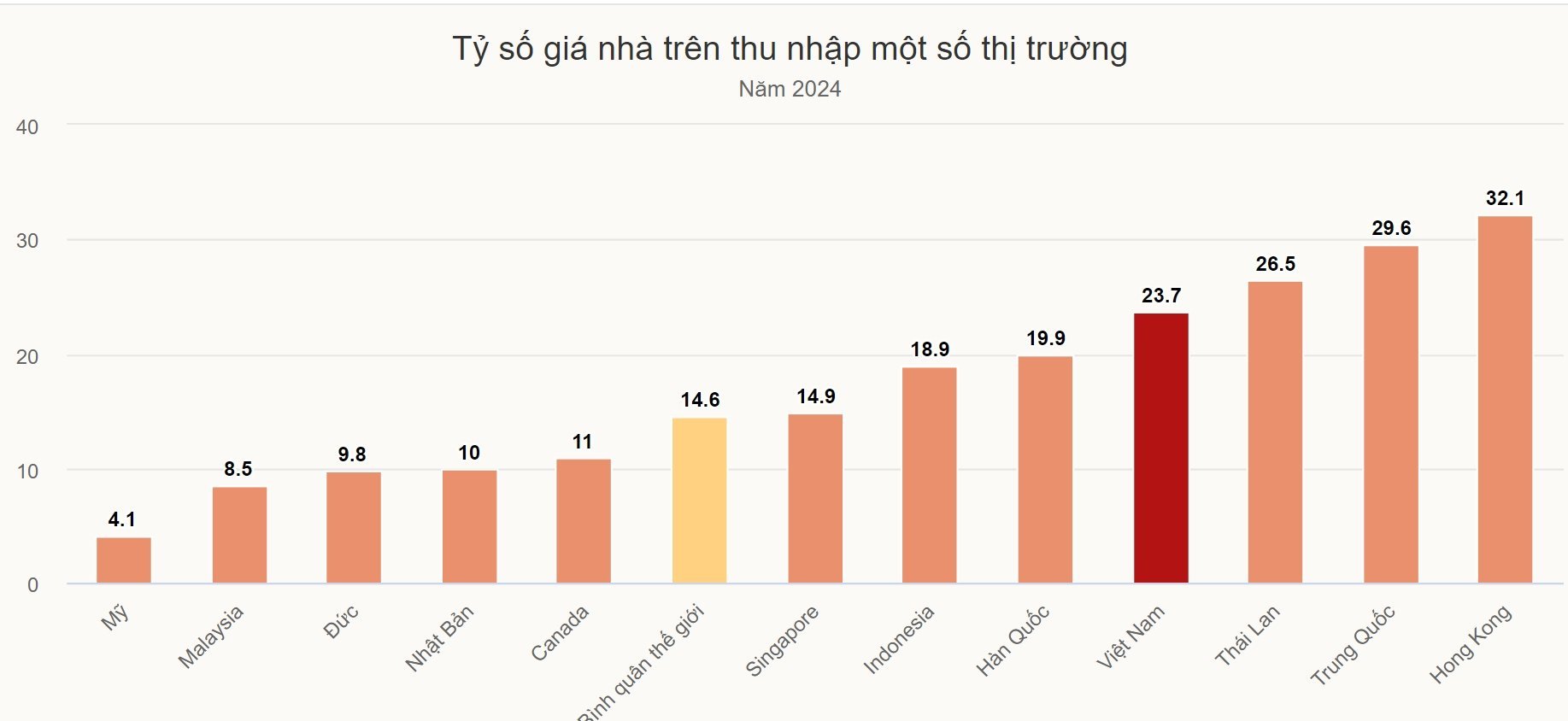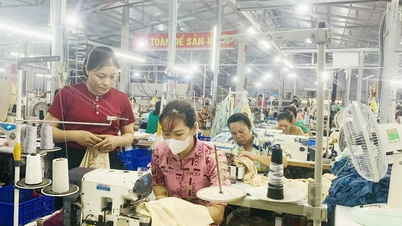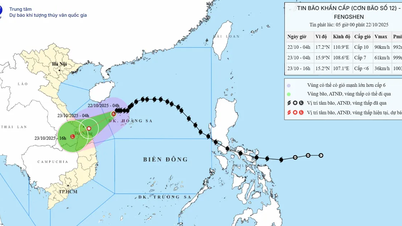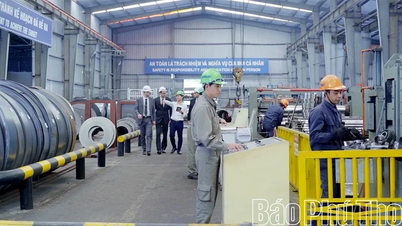According to Dr. Can Van Luc, in 2024, the ratio of house price to average household income in Vietnam will be 23.7 - more than 1.6 times the world average.
This information was shared by Dr. Can Van Luc, Chief Economist of BIDV , Member of the National Financial and Monetary Policy Advisory Council at the annual Spring Real Estate Forum held on February 19.

High housing prices and the reasons for this situation were the topics that Mr. Luc spent a lot of time explaining in his speech at the event. According to this expert, the real estate market last year had a more positive development, with the supply of new projects increasing by 18% and the number of apartments increasing by more than 50%.
Mr. Can Van Luc cited research by Numbeo (a Serbia-based cost of living data platform) showing that the house price to average household income ratio (HPR) in 2024 is 23.7 times, an increase of 0.2 compared to the previous year. Meanwhile, the world average of this index decreased by 0.5 times, down to 14.6 times last year. Thus, the house price to income in Vietnam is about 1.62 times higher than the world average.
HPR is calculated by dividing the median house price by the median annual household income. According to the Ministry of Construction , HPR is the most popular and widely used method in the world when assessing the "reasonable" level of housing prices. This index is also encouraged for use by the World Bank and the United Nations.
According to this expert, high anchor prices also make people reluctant to borrow to buy houses. Evidence for this is that credit growth for real estate investment and business in 2024 will reach about 18%, more than twice as high as personal loans for real estate consumption (about 6.5%).
Mr. Luc believes that there are six main reasons for the increasing housing prices in Vietnam. First, legal problems and fear of responsibility cause a shortage of supply. Next, input costs such as land rent, land use, site clearance compensation, financial costs, and construction materials also increase, contributing to the increase in housing prices. This expert also emphasized the need for solutions to further reduce "unofficial" costs for businesses.
Regarding the issue of land use fees, Mr. Nguyen Quoc Hiep, Chairman of the Board of Directors of GP.Invest, also assessed that this is still an important bottleneck when there are projects that take 1-2 years to calculate land prices. According to Mr. Hiep, by the beginning of this year, 25 provinces and cities have issued adjusted land price lists. However, due to incomplete input factors, localities tend to look at each other to raise land price lists. In the land valuation stage, some localities still lack initiative when deciding to increase or decrease because they are afraid of responsibility and depend on consulting units.
He also said that other input costs such as infrastructure investment and unrealistic interest rates lead to many problems and inaccurate land prices. Therefore, Mr. Hiep hopes that the bottleneck in land valuation will be resolved soon so that businesses can implement real estate projects faster.

On the management side, Mr. Le Van Binh, Deputy Director of the Land Department, Ministry of Agriculture and Environment, said that right from the time of advising the National Assembly to promulgate the revised Land Law, the Ministry of Natural Resources and Environment (formerly known as the merged Ministry of Agriculture and Rural Development) identified land prices as the top priority. The revised law has expanded the application of land price tables and valuation methods in a more transparent manner.
However, Mr. Binh also acknowledged that there are still many shortcomings in implementation, especially at the local level. According to him, there are still differences in views between land valuation consultants, land valuation councils and competent authorities deciding on land prices. Meanwhile, in some other countries, the responsibility for land valuation belongs to the consultancy unit and they must be held legally responsible for any errors. This is an issue that needs to be considered to improve the responsibility and efficiency of land valuation in Vietnam.
Representatives of the Ministry of Agriculture and Environment affirmed that they will continue to accompany localities and businesses, listen to feedback to find solutions to remove difficulties in practice.
In the context of supply-demand imbalance when the number of newly licensed projects is low, according to Mr. Can Van Luc, businesses mainly invest in developing high-end projects to achieve attractive profit margins. "Investors cannot pursue social housing development because there are too few projects," he said.
Along with that, "price inflation", "following the flow" or speculation is still common, causing real estate prices to increase virtually compared to their real value. Mr. Luc also raised the question of whether it is because Vietnam has not yet taxed real estate, while taxes, transfer fees, rentals, and inheritance are still very low compared to other countries, contributing to this situation.
Source




![[Photo] Da Nang residents "hunt for photos" of big waves at the mouth of the Han River](https://vphoto.vietnam.vn/thumb/1200x675/vietnam/resource/IMAGE/2025/10/21/1761043632309_ndo_br_11-jpg.webp)
![[Photo] Prime Minister Pham Minh Chinh meets with Speaker of the Hungarian National Assembly Kover Laszlo](https://vphoto.vietnam.vn/thumb/1200x675/vietnam/resource/IMAGE/2025/10/20/1760970413415_dsc-8111-jpg.webp)

![[Photo] Prime Minister Pham Minh Chinh received Mr. Yamamoto Ichita, Governor of Gunma Province (Japan)](https://vphoto.vietnam.vn/thumb/1200x675/vietnam/resource/IMAGE/2025/10/21/1761032833411_dsc-8867-jpg.webp)






































































































Comment (0)